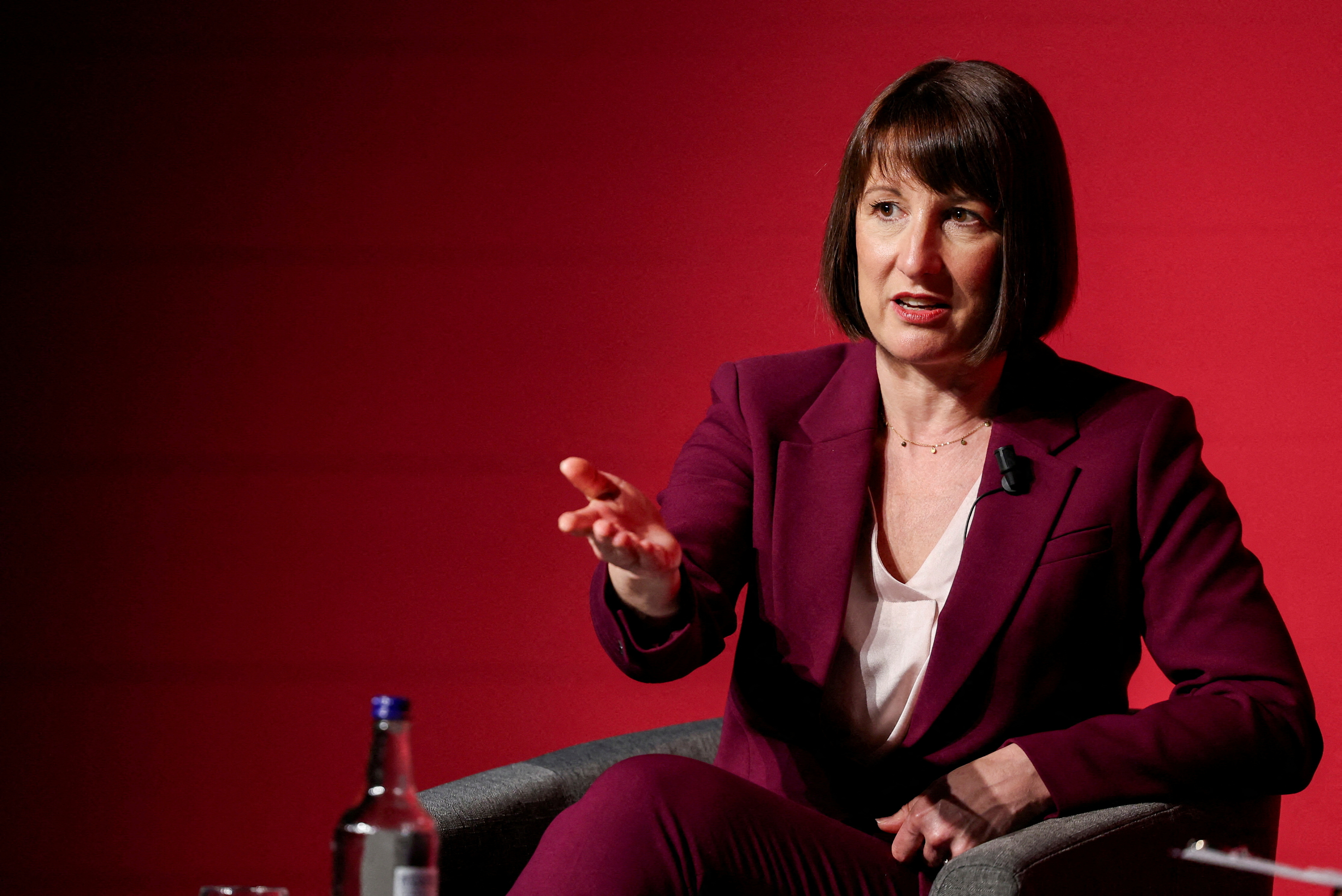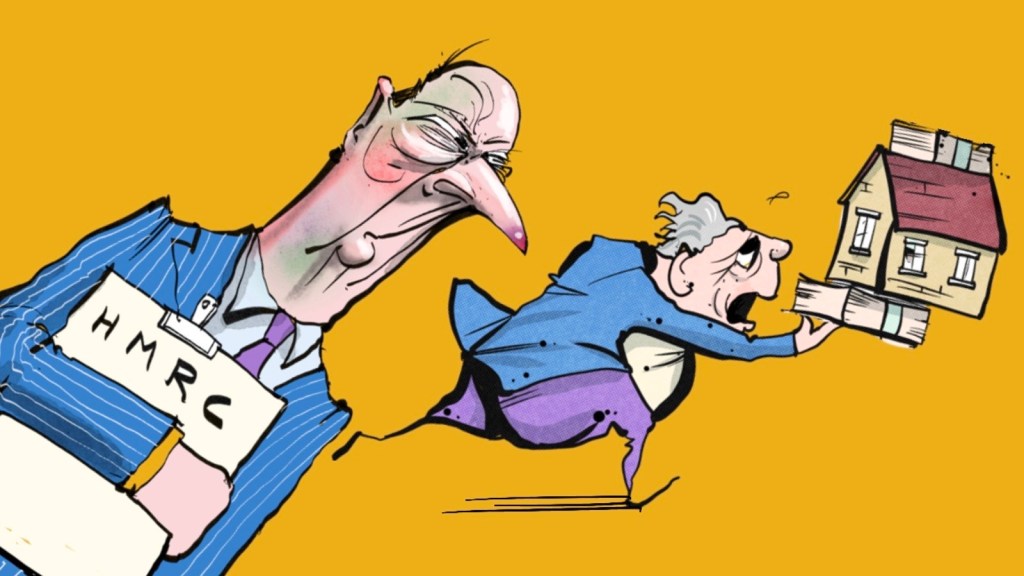Inheritance Tax: Implications of Extending the 7-Year Rule to 10 Years
The seven-year rule serves as a key strategy for gifting, enabling individuals to minimize their inheritance tax liabilities. Given the current fiscal constraints, it is anticipated that this rule may come under scrutiny from government officials seeking to address budgetary shortfalls.
Currently, large monetary gifts are exempt from inheritance tax as long as the donor survives for seven years following the gift. This provision is central to many families’ financial planning, particularly as parents often leverage it to transfer funds to their children.
Wealthier families have the ability to transfer substantial sums—from thousands to millions—to their heirs without tax penalties.
In her maiden budget scheduled for October 30, Rachel Reeves is reportedly evaluating the possibility of prolonging the current seven-year period to ten years, which would complicate wealth transitions without the burden of taxes.

When donors pass away within the seven-year window, it significantly boosts tax revenues for HM Revenue & Customs. Reports show that inheritance tax collected on non-compliant gifts increased from £101 million in the fiscal year 2011-12 to £256 million in 2020-21.
According to analysis from Brewin Dolphin, there were nearly 13,400 instances of failed gifts in 2020-21, where individuals died seven years or less after making a gift, with an average gift value of around £156,000.
Typically, individuals make such gifts in their sixties and seventies to improve the likelihood of surviving the full seven years. However, hurdles like disorganization, uncertainty about future financial needs, and reluctance to assist children can prevent timely gifts.
The motivation to avoid inheritance tax is clear, especially since many other nations do not impose such taxes.
Inheritance tax is usually charged at a rate of 40% on estate values exceeding the nil-rate threshold of £325,000, a figure that has not changed since 2009.
Additionally, there is a further allowance of £175,000 applicable for those leaving their primary residence to direct descendants, provided the estate value is below £2 million. It’s important to note that while married couples and civil partners benefit from exemptions, cohabiting partners face different taxation scenarios, often leading to the sale of property to meet tax obligations upon a partner’s death.
The existing seven-year rule incorporates a tapering relief; if the donor dies within three years of giving the gift, it is fully taxable. Gifts made three to seven years prior can incur taxes on a sliding scale, ranging from 32% to 8%.
Transitioning the seven-year rule to ten years contradicts recommendations made by the now-inactive Office of Tax Simplification, which had suggested reducing the term to five years and eliminating taper relief.
If Reeves implements this change, it could necessitate earlier wealth transfers by parents and other benefactors.
Consequently, recipients—including children and grandchildren—would be younger when receiving these funds, raising potential complications associated with handing significant amounts of money to individuals in their twenties.
Once a gift is made, the giver relinquishes control (unless placed in a trust, which poses its own challenges). Recipients are free to utilize the funds as they wish, emphasizing the importance of thorough discussions regarding trust and financial prudence prior to any substantial gifting.
Forwarding cash or property earlier increases the risk of forfeiting assets that may be needed later. Individuals in their fifties often lack the complete picture regarding their future health and care requirements compared to those in their sixties or seventies.
Should the seven-year rule be extended, elderly individuals facing financial difficulties due to poor estate planning may find themselves in precarious situations, particularly when care costs soar.
Legal professionals have already noted an uptick in clients seeking to make gifts before the budget announcement for fear of potential changes to the tax regulations. Many are hoping any alterations will not apply retroactively.
However, hastily executed gifts might lead to unforeseen inheritance tax complications, including risks associated with double taxation. For instance, transferring a second home, business interests, or shares valued at £6,000 or more could give rise to capital gains tax based on the value appreciation since acquisition.
Unlike gifting, transferring property through inheritance avoids capital gains tax by resetting the value, meaning gifting an asset during one’s lifetime forfeits this tax advantage.
Making errors in this area can result in facing both capital gains tax and inheritance tax if the individual dies within seven years of the gift. Such double taxation could have been sidestepped had the asset been included in the will.
As sentiment surrounding inheritance tax has been largely negative, any move by Reeves to target families for additional revenue could provoke strong reactions.
In addition to the seven-year rule, there are other tax-efficient gifting strategies, such as the annual exemption allowing gifts of up to £3,000 per tax year, either to one recipient or divided among several, along with amounts gifted for weddings and civil partnerships. However, these allowances barely scratch the surface of the wealthier families’ gifting goals.
Estate planning is intricate, and hasty decisions taken without expert consultation can lead to significant expenses in the future. It’s crucial not to let tax considerations drive financial decisions.






